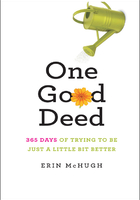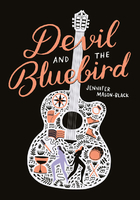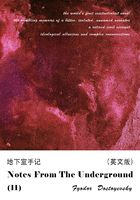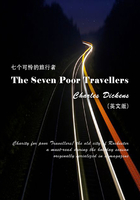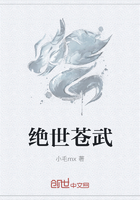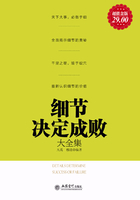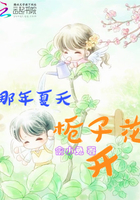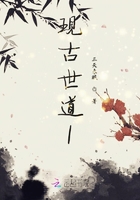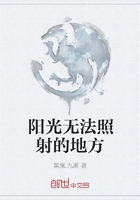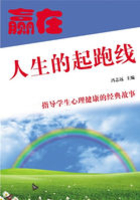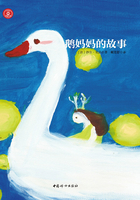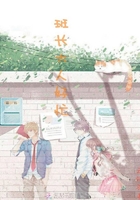In the city of Delphi on the side of Mount Parnassus, a specially selected priestess (Pythia) descends into an underground chamber to put questions to the god Apollo. The god's prophecies emerge from the Pythia's mouth in babbling riddles, which the High Priest of Apollo 'translates' for supplicants from all corners of the known world. Their queries relate to business, marriage, politics, philosophy, all aspects of human endeavour. The answers – delivered, by preference, in hexameters – are frequently veiled: a man told he will die at the fall of a house spends the rest of his life out of doors, only to be killed when an eagle drops a tortoise on his head.
It is the end of the first century BC and the oracle at Delphi still exerts considerable influence, despite the rise and rise of Rome. Historically we find ourselves at a moment of shifting balance, a threshold straddled by the two great civilizations of the ancient world; as Rome ascends, Greece struggles to retain influence.
Readers familiar with the works of William Golding will feel immediately at home at such a threshold – think of Lord of the Flies teetering between civilization and anarchy, The Spire between earth and heaven, Pincher Martin between life and death. The Double Tongue, Golding's final work, was left unfinished when he died in 1993. By virtue of timing if nothing else, it occupies the most poignant threshold of the author's long and distinguished career.
Golding's publisher and literary executors chose to publish the first draft of The Double Tongue despite the existence of a complete second draft and the knowledge that Golding was about to embark upon a third. This initial draft was felt to be the fuller, truer realization of the author's vision and although it is quite possible to imagine further additions to the text, there is nothing of the literary fragment about it. It reads as a complete work, one of great delicacy and freshness.
The Double Tongue is Golding's only novel narrated in the voice of a woman. Like other Golding heroes, the Pythia, Arieka, is an outsider, wretchedly wrong-footed by her lack of social value (people whisper that she might better have been disposed of at birth), the fact that she is ugly, unmarriageable, unloved. When she catches the eye of the High Priest of Apollo, it is on account of her spiritual power, her na?veté and her nascent intelligence. Intrigued by rumours of half-miracles, and with an instinct for the girl's potential, the High Priest, Ionides, signs on as her guardian, accepts a dowry from the family and takes her to Delphi to serve the oracle.
At Delphi, he offers everything a downtrodden and deprived young woman might desire: vocation, friendship, freedom from social constraints and, quite wonderfully, a complete library of the world's books. Whether Arieka actually possesses the unique powers that justify such gifts remains unclear. There is the matter of a half-cooked fish restored to life and the healing of a sick baby, but Arieka's qualities appear to be mainly those of an unmarriageable girl as yet unredeemed by and unappreciated for her considerable subtlety of mind and strength of character. What she goes on to make of herself is a different story entirely, one that forms the centre of the novel.
The book opens with the eighty-year-old Arieka recounting her awkward, misfit girlhood; it is a coming-of-age tale in the classic, or perhaps classical, mould. Despite the huge gulf that initially separates her from her mentor, they grow together, united in occupation, familiarity, intellect and, most surprising of all, genuine tenderness. The High Priest's 'shuddering distaste for a woman's flesh' does not prevent them living together in a marriage of sorts, as Arieka says, 'I doubt if any married couple ever approaches [such] intimacy of thought and feeling.' As the relationship matures, a rare and satisfying partnership emerges.
Ionides' ambitions, however, reveal themselves to be political rather than spiritual, creating a minefield of hypocrisies and ambiguities for the fledgling Pythia. The High Priest says of Rome, 'That they will conquer the world is a nightmare that haunts me.' And when citizens of Rome (including Julius Caesar) travel to the oracle with enquiries about position and power, Ionides translates the god Apollo's pronouncements into answers expedient to his own agenda.
Within this commotion of ulterior motives, Arieka practises appeasement in equal measure with prophecy, managing over the course of her lifetime to carve out a place of integrity and peace. She and Ionides are as split on the subject of spirituality as any modern suburban couple – she believes in the gods, he doesn't – yet they meet in agreement at the value of Greek culture and the need to defend the oracle.
Notwithstanding its ancient setting, the novel is entirely modern in form, its characters and dialogue vivid and unconstrained (perhaps all writers should occasionally publish a first draft). The Double Tongue takes place over six decades in the life of the Pythia, yet seems to exist in a single soft moment at the last stand of beauty and intellect. In this, there are echoes of Golding's 1955 novel, The Inheritors, with its imagined moment of shift between Neanderthal and Homo sapiens civilizations. At Ionides' final confrontation with Rome, we feel some of the same helpless sorrow inspired by The Inheritors ' Lok – as much as we root for Greece, or for Neanderthal, it is not to be.
Throughout, it is Arieka's quiet, unsentimental voice that guides the narrative, giving The Double Tongue its tone of gentle resolve. How irresistible to imagine Golding, towards the end of his life, speaking with his own double tongue – part Arieka, reconciling belief and duty, part Ionides, raging against the inexorable erosion of finer values, watching helplessly as life and empires wane, always with the regret, typical of old men, old women and old civilizations, that what lies ahead is worse than what has been.
In the end, it is as if the author, his priest and his Pythia stand together, reminiscing over long lives well-lived, contemplating what was lost, what was gained and what, if anything, mattered. Ionides' last gift to Arieka is the key to the door in the Pythia's deep cave, the door behind which we expect to find the cleft in the stone, the source of the oracle. What she discovers there is the book's final confirmation that the world is what we see, what we experience, and what we are able to imagine – nothing more.
It is as much a final statement as any author could desire.


